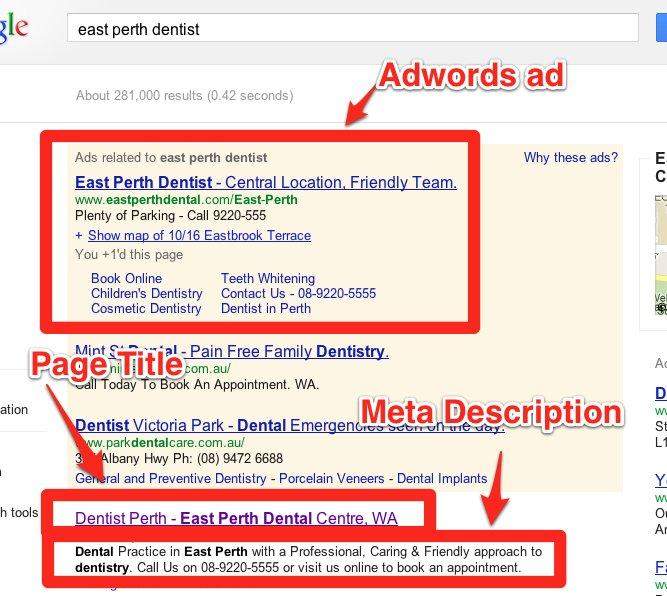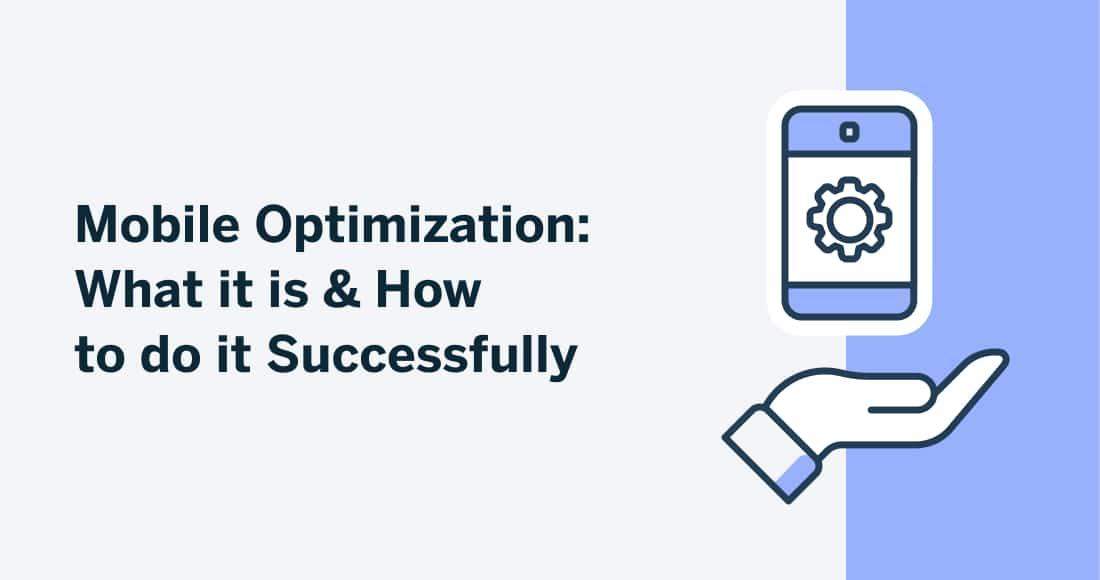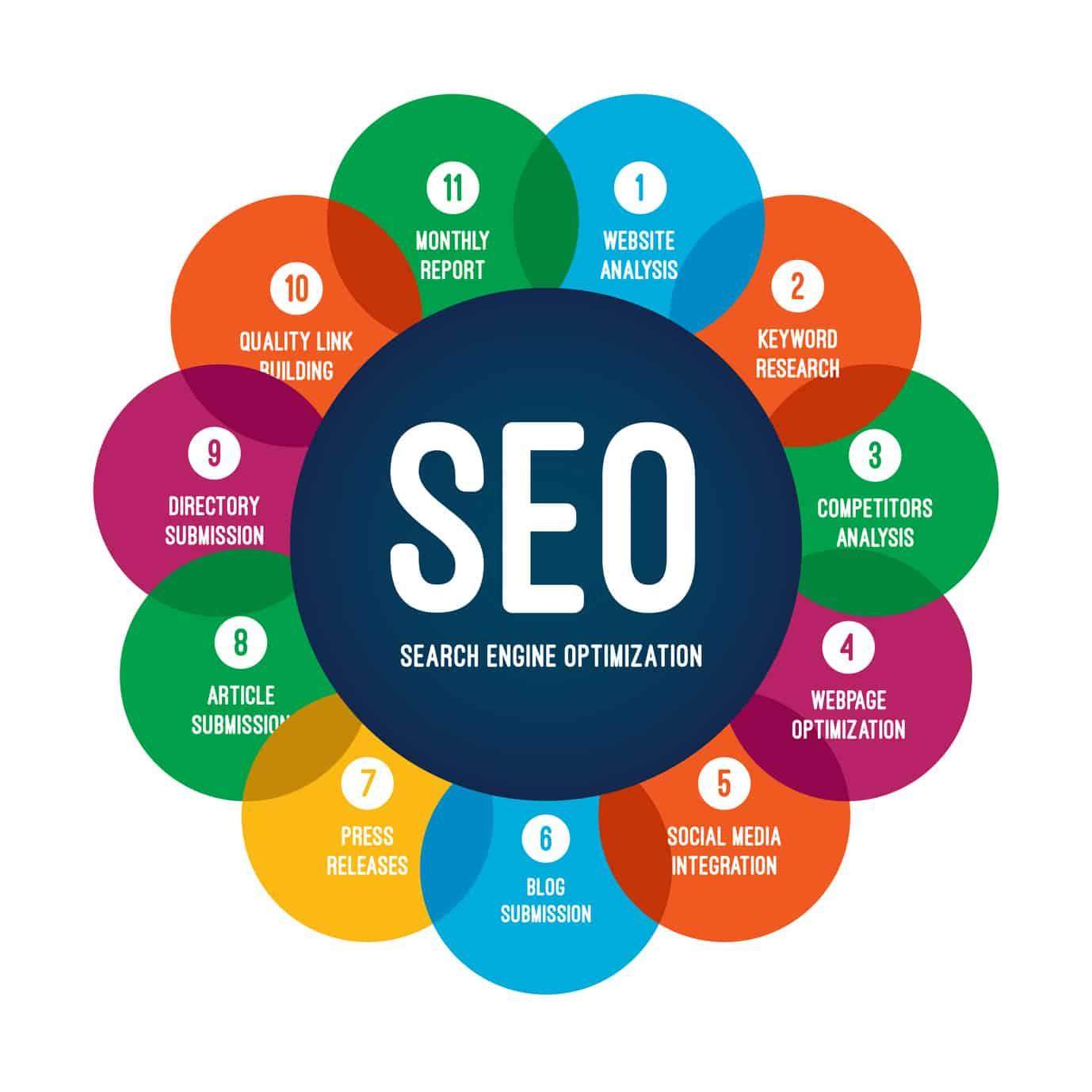In the vast digital landscape, where countless websites vie for attention, achieving a high ranking on search engine results pages can feel like navigating a complex maze. But fear not! Whether you’re a seasoned marketer or a budding entrepreneur, mastering the art of SEO is within your grasp. In this listicle, we’ll unveil 7 key SEO optimization tips that can elevate your website’s visibility and draw in more organic traffic. From understanding the importance of keyword research to optimizing your content for mobile users, each tip is designed to enhance your online presence effectively. Get ready to uncover actionable strategies that can transform your rankings and put you on the path to digital success!
1) Craft Compelling Meta Descriptions: Crafting an irresistible meta description can make all the difference in search engine rankings. This short yet impactful summary acts as a gateway to your content, enticing users to click. Ensure your meta descriptions are engaging, relevant, and incorporate primary keywords to capture both reader interest and search engine attention
Creating an outstanding meta description is crucial for maximizing your webpage’s visibility. This concise summary should not only summarize your content but also immediately captivate potential readers. Think of it as your article’s sales pitch; it must resonate with the audience while aligning with their search intent. Combine action-oriented language with a touch of curiosity and an emotional appeal to encourage clicks. When crafting these descriptions, don’t forget to include your target keywords, as this integration enhances your SEO strategy and informs search engines about the relevance of your content.
To effectively optimize your meta descriptions, consider the following elements:
- Character Count: Aim for about 150-160 characters to ensure full visibility in search results.
- Unique Descriptions: Avoid duplicating descriptions across pages; each should reflect its specific content.
- Call-to-Action: Use phrases like “Learn more” or “Discover how” to motivate clicks.
- Relevancy: Ensure your description accurately reflects the page it represents to avoid high bounce rates.
| Dos | Don’ts |
|---|---|
| Include relevant keywords | Stuff keywords excessively |
| Engage with powerful language | Use jargon or complex terms |
| Be direct and concise | Create vague or misleading descriptions |

2) Optimize for Mobile-Friendliness: With more users accessing the web through mobile devices than ever before, optimizing your site for mobile is crucial. A responsive design not only enhances user experience but also boosts your SEO rankings. Test your site’s mobile compatibility regularly and make adjustments to ensure it looks great and functions smoothly on all screen sizes
As mobile usage continues to surge, transforming how users interact with online content, it becomes imperative to ensure your website is mobile-friendly. Implementing a responsive design allows your site to adapt seamlessly across a multitude of devices, from smartphones to tablets. This not only provides an optimal browsing experience for visitors but also plays a critical role in improving your search engine rankings. By regularly testing for mobile compatibility, you can identify potential issues or areas for improvement, ensuring your site loads quickly and displays correctly, regardless of the device used.
To enhance your site’s mobile-friendliness, consider the following key strategies:
- Fast Loading Times: Minimize loading times to keep users engaged and reduce bounce rates.
- Easy Navigation: Simplify menus and buttons to help users find what they need effortlessly.
- Readable Text: Ensure fonts are legible without the need for zooming in.
- Touch-Friendly Elements: Make buttons and interactive elements large enough for easy tapping.
To visualize the importance of mobile optimization, take a look at the differences in user engagement on mobile versus desktop:
| Aspect | Mobile Users | Desktop Users |
|---|---|---|
| Average Session Duration | 2 min 30 sec | 3 min 15 sec |
| Bounce Rate | 50% | 40% |
| Conversion Rate | 2.5% | 3.7% |
This data underscores the need for effective mobile optimization in creating a better user experience and boosting your SEO effectiveness. Prioritizing mobile-friendliness can significantly impact your site’s performance, engagement, and visibility, ultimately leading to higher traffic and improved rankings.

3) Focus on High-Quality Content: Quality trumps quantity in the world of SEO. Producing well-researched, informative, and engaging content can significantly improve your search engine ranking. Make sure each piece offers real value to readers, addresses their questions, and stays updated with the latest information, as search engines favor content that demonstrates expertise and trustworthiness
In the competitive landscape of SEO, creating content that stands out is vital. High-quality content not only attracts readers but also captures the attention of search engines like Google. Focus on crafting articles that are not just keyword-stuffed but rich in information. Consider the following strategies to elevate your content:
- Thorough Research: Dive deep into your topics, providing insights that address the ‘why’ and ‘how’.
- Engaging Format: Use headers, bullet points, and visuals to break up text and enhance readability.
- Value and Relevance: Ensure every piece answers specific questions or solves problems for your audience.
- Regular Updates: Keep your content fresh by revisiting it periodically to incorporate the latest developments and research.
Moreover, showcasing your expertise can significantly influence how your content is perceived. Implementing a structured approach can provide a clear path for readers while conveying authority on the subject. Consider the following table to illustrate how quality metrics can enhance your content strategy:
| Quality Metric | Impact on SEO |
|---|---|
| Original Research | Boosts authority and inbound links |
| Comprehensive Guides | Increases dwell time and engagement |
| Clear and Accessible Language | Improves reader retention and shares |
| Visual Content | Enhances understanding and shareability |

4) Leverage Internal Linking: Internal linking is often an underutilized strategy that can greatly enhance your website’s SEO. By linking to other relevant pages within your content, you not only provide additional value to readers but also help search engines better understand the structure of your site. This can lead to improved indexing and the potential for higher search rankings
Internal linking is like the backbone of your website; it holds everything together and guides both users and search engines through your content. By strategically placing links to other relevant pages within your articles, you create a web of interconnected information that enhances user experience. Consider the following benefits of a well-structured internal linking strategy:
- Improved Navigation: Helping visitors discover related content more easily.
- Enhanced Content Discovery: Allowing search engines to find and index your pages more effectively.
- Reduced Bounce Rates: Encouraging users to stay on your site longer and engage with more content.
- Distribution of Page Authority: Spreading link equity across your site’s pages for better visibility.
To create an effective internal linking strategy, prioritize relevant anchor text when linking to your content. Use descriptive phrases that indicate the topic of the linked page, enhancing the context for both readers and search engines. Here’s a simple table to illustrate a quick reference guide for effective anchor text:
| Anchor Text | Linked Page | Notes |
|---|---|---|
| SEO Basics | Introduction to SEO | Perfect for beginners. |
| User Experience Tips | Improving Website UX | Relevant to site usability. |
| Advanced SEO Techniques | Mastering SEO Strategies | For experienced marketers. |
Future Outlook
As we wrap up our exploration of these seven pivotal SEO optimization tips, remember that the digital landscape is ever-evolving. Implementing these strategies is not merely a one-time effort, but a continuous journey toward enhancing your online presence. Whether you’re a seasoned marketer or just starting out, staying informed and adapting to changes will keep you ahead of the curve.
By investing time in keyword research, producing quality content, and mastering technical SEO, you can help ensure that your website stands out in search results. The digital world is brimming with opportunities, and with these tools in your arsenal, you’re better equipped to seize them.
So, take a deep breath, roll up your sleeves, and start optimizing! Your search engine rankings—and the success of your online endeavors—will thank you for it. Happy optimizing!




